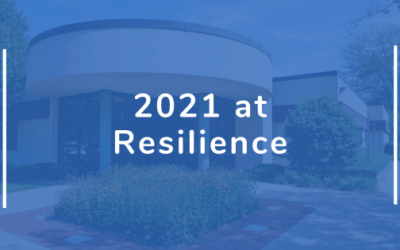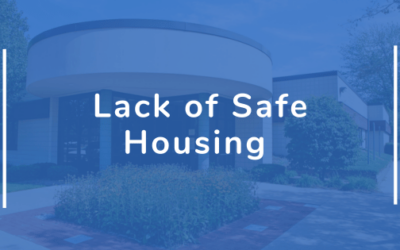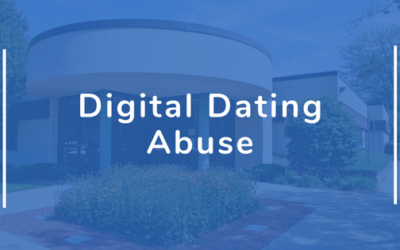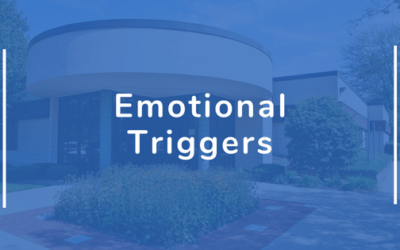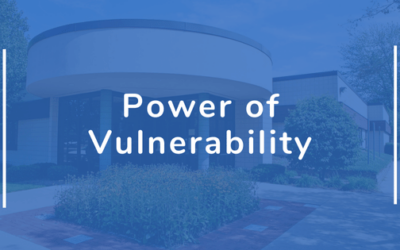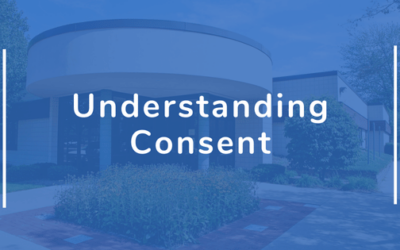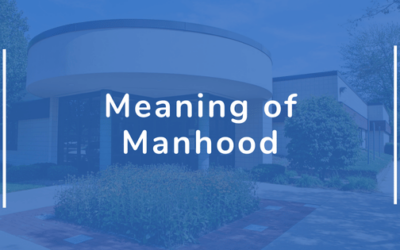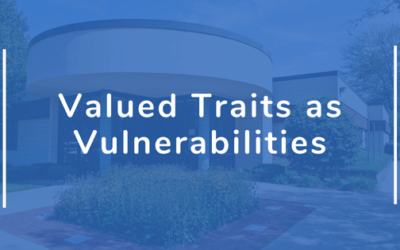News
Stay up-to-date with the latest news from Resilience
Hair Salons Offer Lifelines for Survivors
Resilience is proud to offer training that provides salon owners and employees tips for recognizing domestic violence among their clientele and discreetly getting important safety information into the hands of domestic violence victims.
2021 at Resilience
While our services currently remain predominantly virtual, we wanted to highlight the work Resilience is doing at this time and what services look like today. Free and confidential support is always available.
Supportive Housing Creates Safer Futures
Without access to safe, affordable housing, many victims are reluctant to leave their abuser. Securing long-term housing is a crucial step on the pathway to a survivor’s security and well-being.
Lack of Safe Housing Can Keep Victims from Leaving
Creating a long-term, sustainable and affordable housing plan is a serious barrier that survivors of abuse are facing today. Many survivors often feel that they must choose between homelessness and enduring abuse.
Resilience Fall Support Groups
Though our in-person support groups are on hold, we wanted to offer a space for survivors to connect with others, discuss coping strategies, and find comfort during a difficult time.
Behind the Screens: Digital Dating Abuse
An abuser may attempt to gain control over their partner through perpetrating digital abuse. Young people in dating relationships are especially prone to this type of abuse.
Domestic Violence & Technology Safety
While technology can be an incredibly useful tool that helps bring people together, it can also be used as a controlling tactic in an abusive relationship. This blog explores how technology can be misused by abusers.
Traumatic Events & Emotional Triggers
Recent world events are resulting in many survivors re-experiencing a time when safety, trust, and control were taken from them. Whether you are in need of assistance to help you cope with something that happened to you 4 hours ago or 4 decades ago, we are here.
Defining Masculinity: Allies for Change
It is time that men begin to embrace a healthier, more respectful manhood. We can promote a better society for all. We must to begin to view sexual and domestic violence as an issue we ALL need to care about. This is how we’re going to create lasting change.
Defining Masculinity: The Power of Vulnerability
Too often, men are told that we have to be in control, stoic, never cry, and never show weakness. Being vulnerable is one of the most liberating things men can do, and once we finally reveal what’s under our “masks” of manhood is when we can start to live authentically.
Defining Masculinity: Healthy Relationships
We need to be willing to discuss our wants and needs, and be willing to question potential unhealthy behaviors. By practicing an open dialogue with one another, we will create a collective mindset based on respect and open communication within our relationships; no matter who the relationship is with.
Defining Masculinity: Understanding Consent
As important as consent is, we don’t talk about it enough. The term “consent” means the affirmative, unambiguous and voluntary agreement to engage in a specific activity which can be revoked at any time. Consent, while it may seem like a simple topic to some, is often missing from physical encounters.
Defining Masculinity: The Meaning of Manhood
It’s time we began having honest conversations with men about manhood as we take an in-depth look at what we value in men as a society. Collectively, we need to begin to value the things that truly matter rather than the unhealthy traits. So, let us ask ourselves and the ones around us: “What does manhood really mean?”
DV Education Series: Dealing with Anger
Anger is a common and very real emotion that every single human deals with. However; for survivors, this emotion can be overwhelming and confusing. There are ways to cope with anger that don’t involve risking harm to yourself or another person.
DV Education Series: How Valued Traits Can Become Vulnerabilites
When we build our self-worth and become comfortable in who we are, we minimize the ability for our valued traits to become vulnerabilities. Remember, your voice matters, it is important, and you are resilient.


